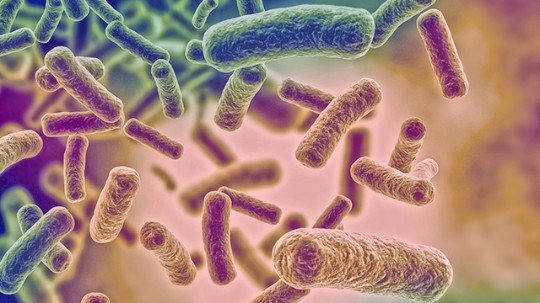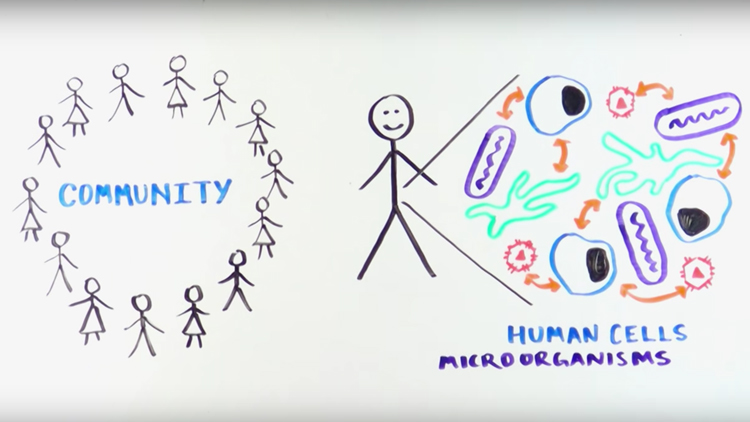
The gut microbiome and cancer treatment
When it comes to innovation and the pursuit of discovering new treatments for patients with cancer, sometimes you have to go with your gut.
A new collaboration announced recently between Bristol Myers Squibb and Paris-based Enterome Biosciences aims to do just that.
Under the agreement, the collaboration will pair Bristol Myers Squibb's expertise in the development of novel immunotherapies with Enterome's proprietary metagenomic technology platform and leadership in the rapidly advancing science of the gut microbiome to support the discovery of novel immunotherapy agents and biomarkers.
"We continue to pursue the full potential of Immuno-Oncology by applying rapidly evolving science, technology and research to our strong foundation in harnessing the immune system to help fight cancer," said Carl Decicco, Ph.D., Head of Discovery. "Enterome's expertise can help to advance our goal to improve outcomes for patients with cancer."
Bristol Myers Squibb has identified the growing body of scientific evidence around the gut microbiome as an important priority for the company's oncology discovery team. This is aligned with other ongoing research into the response and resistance of cancer immunotherapies. The collaboration also aligns well with the company's business development strategy.
"Business development has been a strategic source of innovation for our company, and we were excited to work with R&D to partner on an important area of developing science given Enterome's differentiated approach to research on the gut microbiome," said Paul Biondi, head of Business Development, Bristol Myers Squibb.
What is the gut microbiome?
All of the microorganisms that live in and on our bodies compose the microbiome, including bacteria, fungi, and viruses. In humans, the intestine hosts the largest bacterial community—100 trillion microorganisms that make up the gut microbiome.
Scientists are exploring this area as recent research has revealed a remarkable symbiotic relationship between the gut bacteria and its human host, playing an important role in regulating metabolism, influencing the chemistry in the brain, acting as a barrier to pathogens, and regulating the immune system.
How is the microbiome related to oncology?
According to published research, the gut microbiome plays an important role in modulating mechanisms of response and resistance to cancer immunotherapies. Changes in a person's immune system driven by the gut microbiome can be exploited to identify specific targets and bioactive compounds that could hold the potential to augment anti-cancer immune responses.
To learn more about this collaboration, read the full press release.

